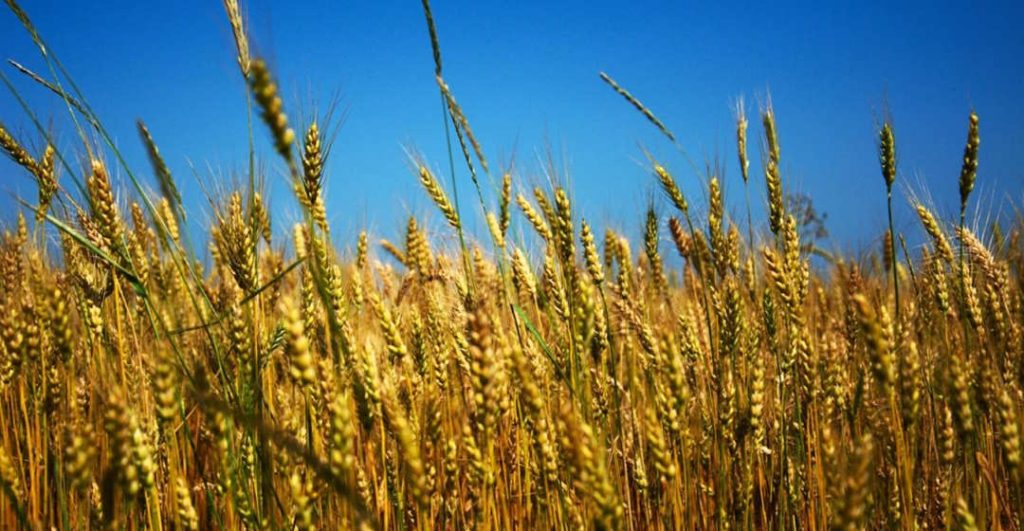Olha Stefanishyna, the deputy prime minister of Ukraine, warns that the decision by a small number of EU nations to impose export restrictions on Ukrainian grain runs the risk of strengthening Russia’s position.
One of the largest grain exporters in the world has been forced to find alternate shipping routes through neighboring countries as a result of Russia’s invasion of Ukraine, which has shut down and limited access to its own Black Sea ports.
The grain from Ukraine that was unable to be exported through its Black Sea ports began to go through European states.
Millions of tons of grains and oilseeds that were less expensive than those made in the EU and exempt from customs taxes found their way to Central and Eastern Europe, where local farmers complained that the demand for and prices of their products was distorted.
Interests of local farmers
Following complaints from farming organizations, Poland, Hungary, Bulgaria, and Slovakia unilaterally took action over the past two weeks to shield local markets from an influx of Ukrainian farm products.
Despite the likely violation of EU law, the European Commission provided a further €100 million support package to the frontline nations, which include Bulgaria, Hungary, Poland, Romania, and Slovakia, to reduce the strain on their farmers.
As the flow of Ukrainian agro-export is a matter of survival for the Ukrainian economy, which has been severely hit by the full-scale Russian war, maintaining the suspension of import taxes, quotas, and trade defense measures on Ukrainian exports to the EU should be our shared priority
Olha Stefanishyna
Under the EU-Ukraine free trade agreement in effect since 2016, Kyiv was already benefiting from the elimination of the vast majority of EU tariffs before Russia invaded Ukraine in February 2022, in some cases with transition periods.
A recent GLOBSEC survey found that about 5 million hectares of Ukrainian agricultural land are now unusable as a result of Russia’s invasion.
Stefanishyna‘s remarks also come at a time when Russia has hinted that it will not agree to renew a deal with the UN past May 18 that permits the safe transfer of grain during warfare from Ukraine’s Black Sea ports unless a list of conditions is addressed to eliminate hurdles to those exports.
Why to ban exports?
In a letter to European Commission President Ursula von der Leyen last month, the prime ministers of five eastern EU nations—Bulgaria, Hungary, Poland, Romania, and Slovakia—stated that the increase in shipments had been unprecedented and that tariffs might need to be reintroduced unless the influx could be stopped by other means.
In an election year, the matter has caused political problems for Poland’s ruling nationalist Law and Justice (PiS) party since it has enraged residents in rural areas, where PiS support is often high.
Despite having stated that unilateral actions would not be tolerated, the Commission has not yet made clear what actions it would take against above mentioned countries.

